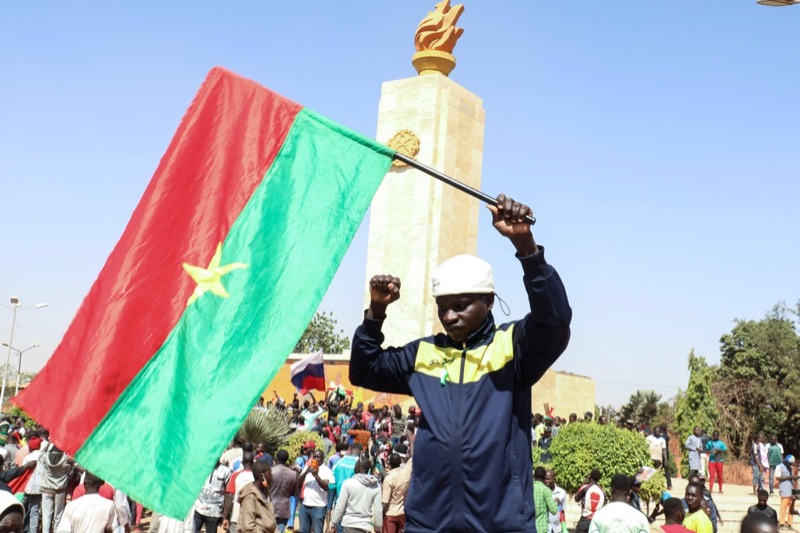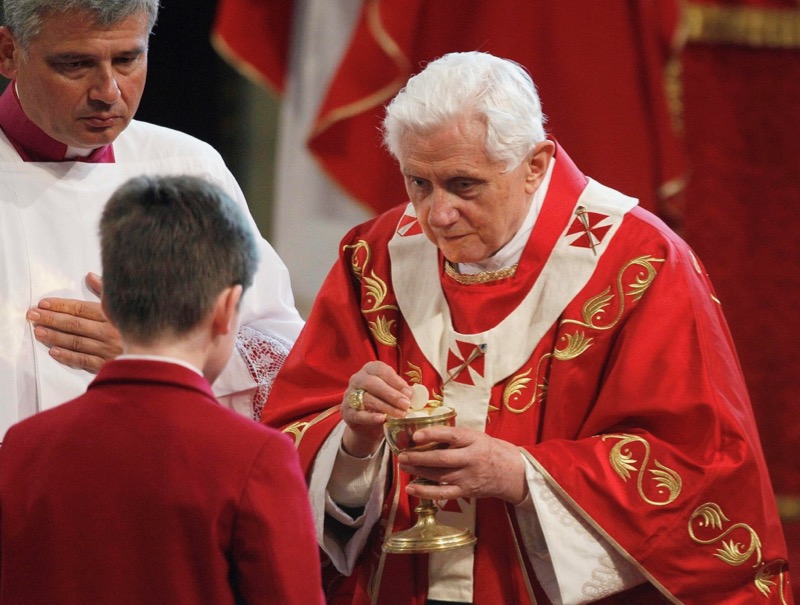The Pope Emeritus, who will turn 95 on 19 April, is extremely frail and has difficulty communicating. Although he remains mentally lucid, his physical condition makes him increasingly reliant on aides and advisers, never more so than when he recently had to respond to the questions of the lawyers who conducted a far-reaching inquiry into clerical sexual abuse in the Archdiocese of Munich.
Their report, commissioned by the Church, found fault with Benedict’s handling of four cases when he was Cardinal Joseph Ratzinger and Archbishop of Munich between 1977 and 1982. Unsurprisingly, the report shows that in the 1970s and 1980s the archdiocese he led handled cases of priests accused of abuse with the same lack of concern for the victims and the same preoccupation with the reputation of the institution that characterised how the Church more widely – and, too often, other organisations and professions – were dealing with this issue at the time.
But it was the retired Pope’s 82-page written submission, referenced in the main report and provided in full at the end of it, which has caused the most alarm in the Vatican and Germany. Once again, it raises questions about the separate fiefdom that has developed around Benedict since his resignation. One church source said the document signed off by Benedict had been submitted without any consultation with Pope Francis or other senior Holy See officials, a surprising decision given the sensitivity of the topic. Even more so, given the document contains some alarming claims.
At one point, Benedict appears to downplay the Church’s responsibility for a priest’s offending, because it occurs in a private, non-professional capacity. It is almost unthinkable that Joseph Ratzinger the theologian would make such a distinction. In another section, the statement signed by Benedict suggests a priest exposing himself to two girls does not really constitute abuse, because no physical contact was involved.
Passages in the submission have echoes of the 2019 article written by Benedict that blamed the abuse crisis on the culture of the 1960s, which many speculated had been influenced by other hands and was designed to undermine Francis’ diagnosis of the crisis. For a number of years, and despite his consistent support of Francis, some of those close to Benedict have tried to present him as a “parallel authority” to the Pope, with a message more appealing to those opposed to the direction of this pontificate. Having two men living in the Vatican wearing white and calling themselves “Pope” was always an invitation to make mischief.
Those advising Benedict now, however, risk damaging his legacy, which includes the work he did to tackle abuse while he was the Vatican’s doctrine prefect and later as Pope – sometimes in the face of the scepticism of other senior church figures. Andrea Tornielli, who covered the Benedict XVI papacy closely and now directs Vatican News, pointed out the steps he took were often “against the opinion of many self-styled ‘Ratzingerians’.”
In an authoritative essay David Gibson, director of the Center on Religion and Culture at Fordham University, explains that while Benedict tried to tackle the scourge of abuse, he should have gone further. In a Twitter thread, Gibson suggests the problem was Ratzinger’s reluctance to address the failures of bishops and the clerical culture, partly down to the theological positions he adopted which led him to see abuse as a problem caused outside cultural forces rather inaction by church leadership. The myriad of inquiries detailing institutional failures of the Church in this area puts him under pressure to revise those previously held positions.
Benedict is now studying the Munich report and will respond in due course. He has already admitted that one claim he made in response to the lawyers’ questions was wrong. The President of the German Bishops’ Conference, Bishop Georg Bätzing, has called for the retired Pope to apologise for what happened in Munich but for this to happen he needs to “distance himself from his advisors”. Other bishops and experts agree while Pope Francis has led the way by offering his apology for how he handled the Chilean abuse scandal. Will the real Pope Benedict please stand up?



 Loading ...
Loading ...